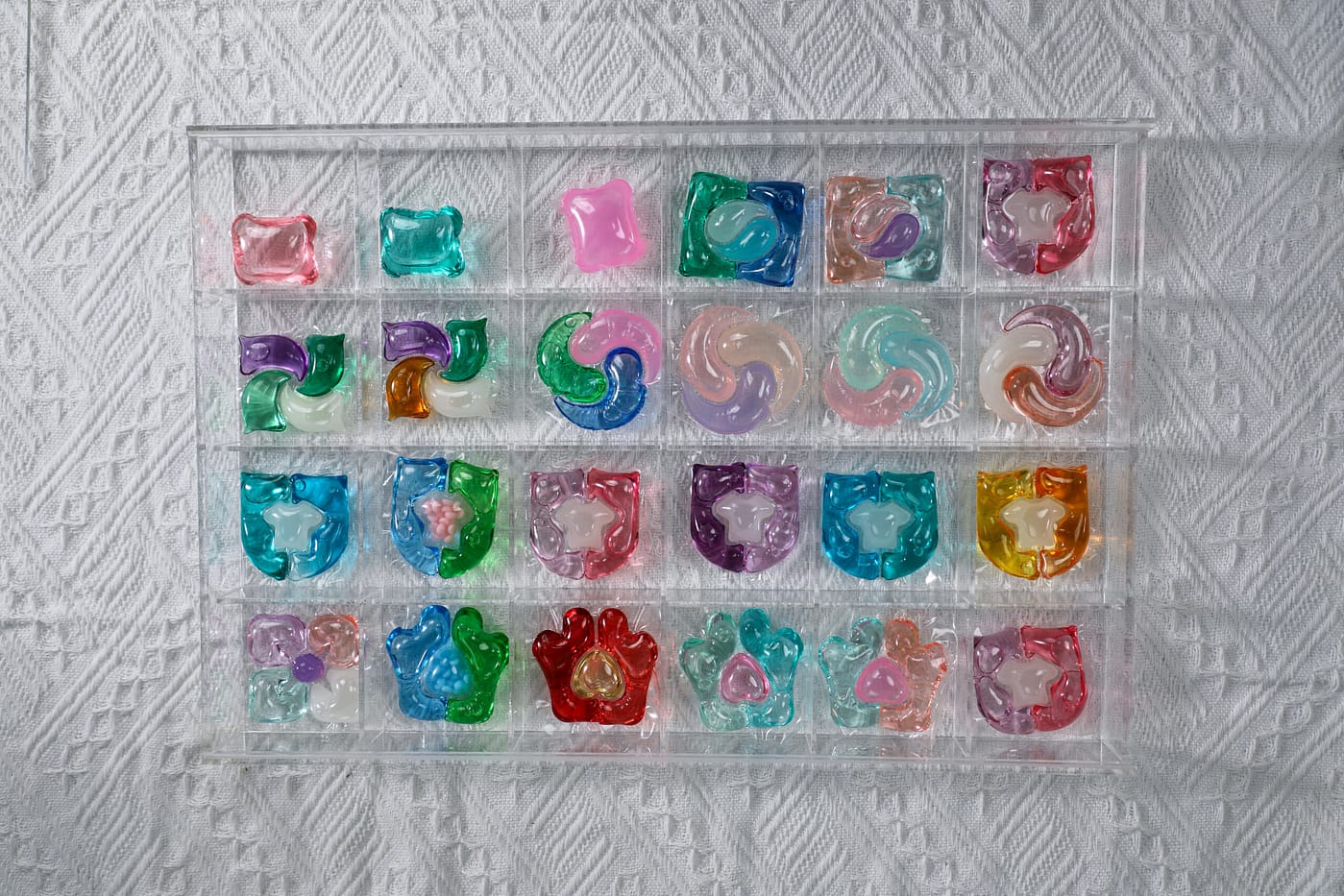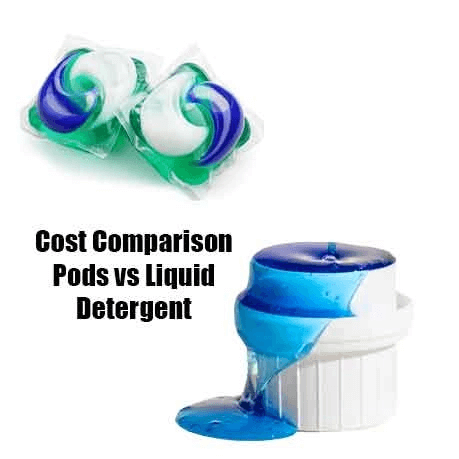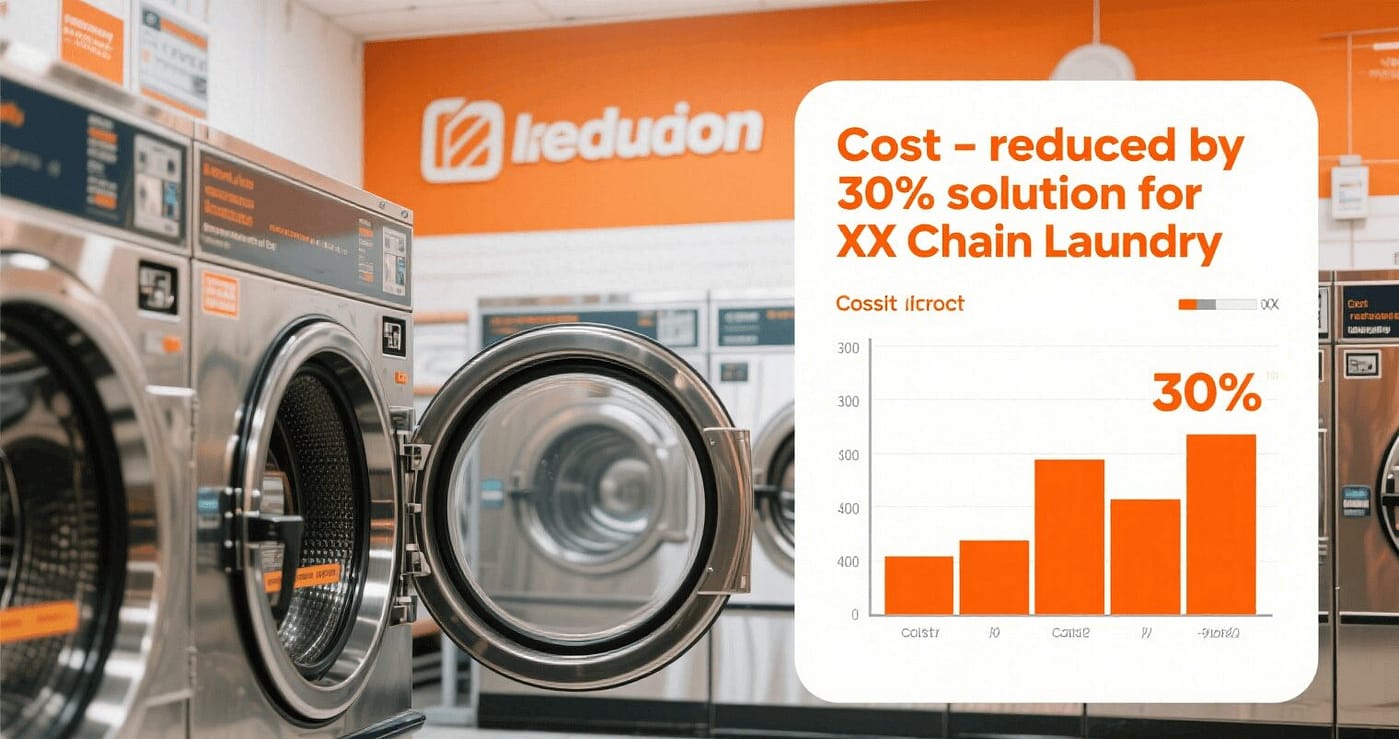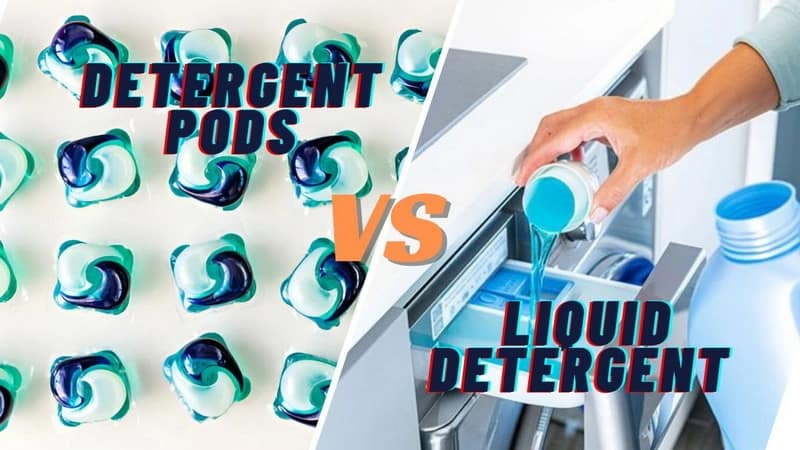The commercial laundry market is evolving at lightning speed, and B2B buyers are no longer just looking for high-quality detergent pods—they want eco-friendly solutions that meet sustainability demands. In fact, research shows that more than 60% of commercial laundry operators now consider packaging sustainability as a key factor when choosing suppliers. With regulations tightening across Europe, North America, and Southeast Asia, the pressure is on for manufacturers and distributors to offer biodegradable, recyclable, and minimalistic packaging solutions that appeal to environmentally conscious clients.
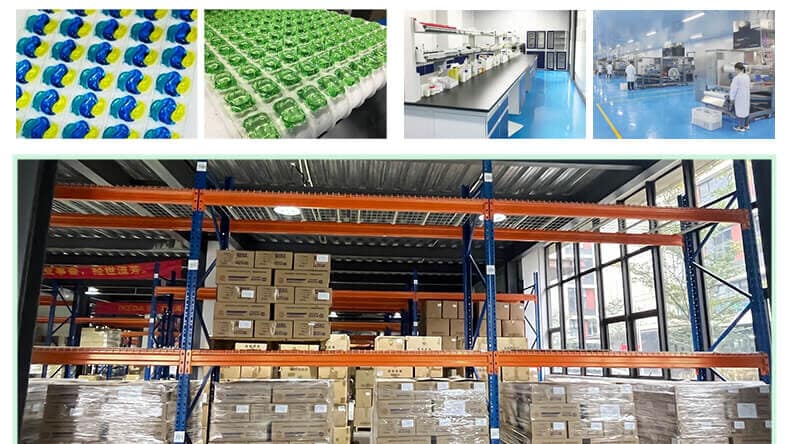
Why Eco-Friendly Packaging Matters for B2B Buyers
Sustainability has become more than a buzzword; it’s a business imperative. Commercial clients—from hotel laundries to large-scale distributors—are increasingly aware of their environmental footprint and are seeking partners who share the same values.
Choosing detergent pods with sustainable packaging doesn’t just satisfy regulatory requirements; it also strengthens brand reputation, reduces waste, and positions businesses as leaders in eco-conscious operations. Suppliers that prioritize eco-friendly packaging often see stronger client loyalty, repeat orders, and better market visibility.
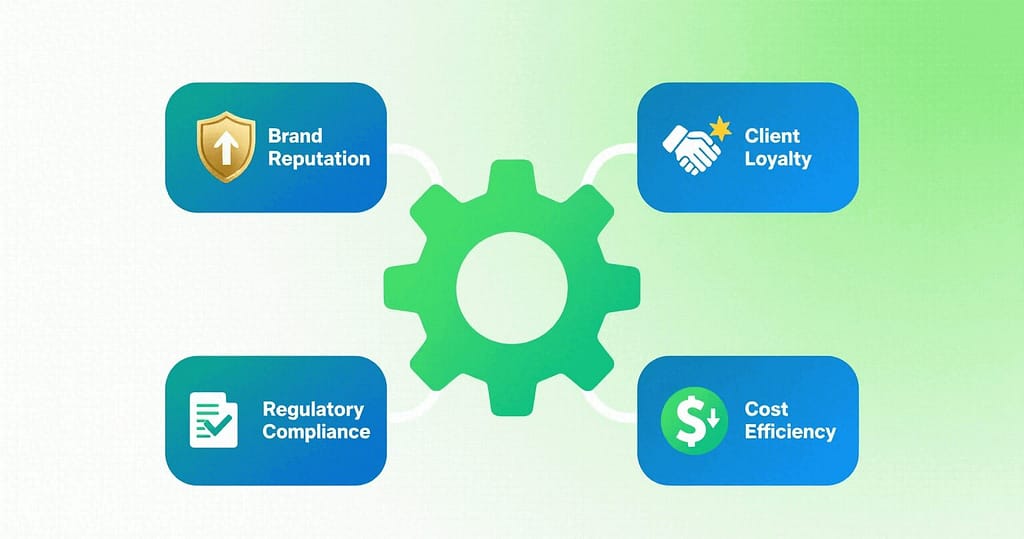
Innovations Driving Sustainable Laundry Pod Packaging
Over the past few years, manufacturers have introduced groundbreaking packaging innovations that balance performance with sustainability. One of the most significant trends is the adoption of biodegradable films. Traditional polyvinyl alcohol (PVA) pods, while effective, generate considerable plastic waste. New plant-based or compostable films dissolve quickly and leave minimal residue, aligning with both environmental standards and client expectations.
Another noticeable shift is toward recyclable cartons and boxes. Plastic tubs, which dominate the market, are gradually being replaced by FSC-certified paperboard cartons printed with soy-based inks. These cartons not only minimize plastic use but also offer a premium look and feel—important for B2B clients supplying hotels or high-end laundries.
Meanwhile, minimalist packaging designs are gaining traction. By eliminating unnecessary layers, reducing ink coverage, and optimizing pod counts per package, suppliers can cut costs, lower carbon footprints, and simplify logistics—a win-win for both suppliers and buyers.
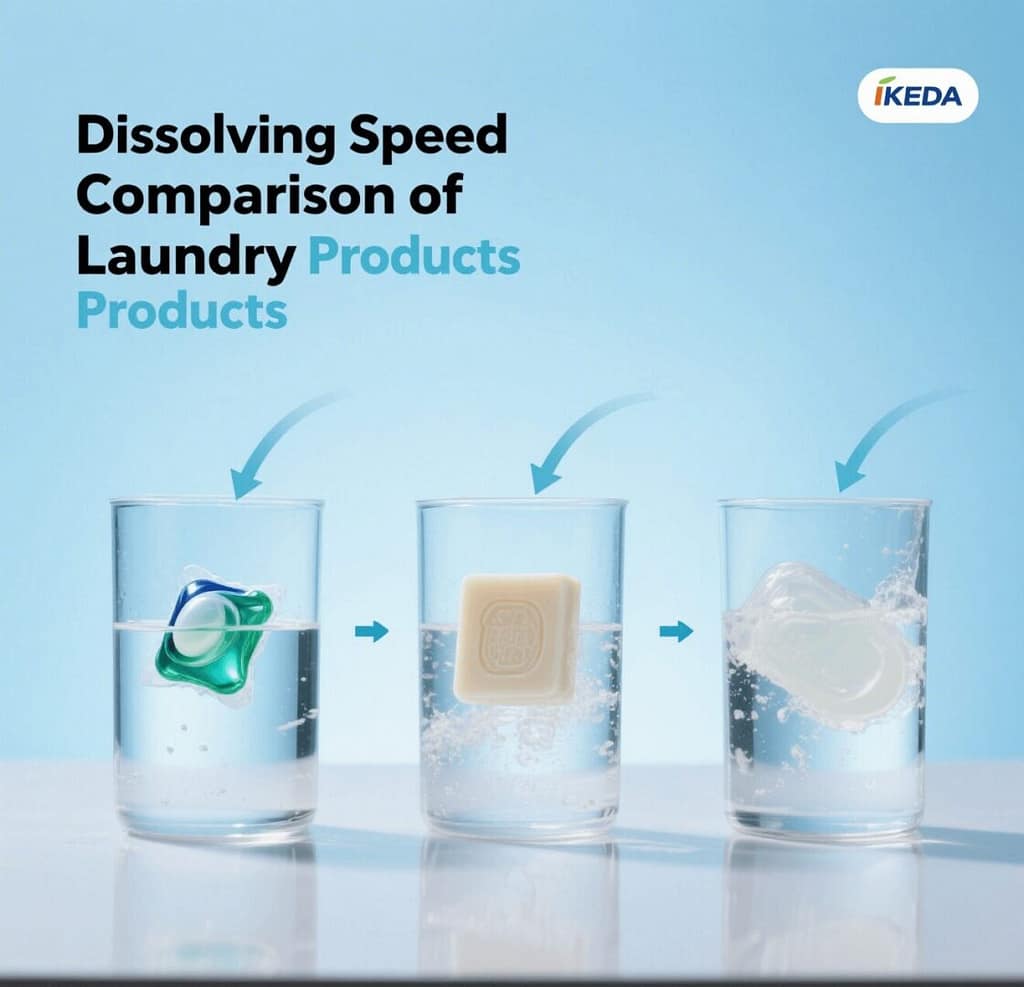
Real-World Examples from Leading Brands
Several household and commercial brands are already demonstrating how sustainable packaging can enhance business performance. For instance, IKEDA recently launched a line of laundry pods packaged in recyclable cartons with plant-based films. Early reports from commercial clients indicated a 15% increase in repeat orders, largely attributed to the pods’ eco-friendly appeal.
Similarly, Unilever’s Eco Pods have been adopted by European laundries and distributors seeking low-waste alternatives. Pilot programs showed a reduction of over 30 tons of plastic waste annually, while clients appreciated the blend of convenience, safety, and sustainability. These examples highlight how eco-friendly packaging not only meets regulatory requirements but also drives measurable business benefits.
Regulatory and Market Drivers
Across the globe, governments are implementing stricter regulations on single-use plastics and non-recyclable materials. For example, the EU’s Packaging and Packaging Waste Directive encourages the adoption of biodegradable and recyclable materials, while several North American states have begun introducing plastic reduction policies.
Beyond compliance, end-consumer expectations are influencing B2B procurement decisions. Businesses supplying hotels, laundries, or retail chains are increasingly under pressure to demonstrate environmental responsibility, which makes sustainable packaging a critical differentiator in competitive markets.
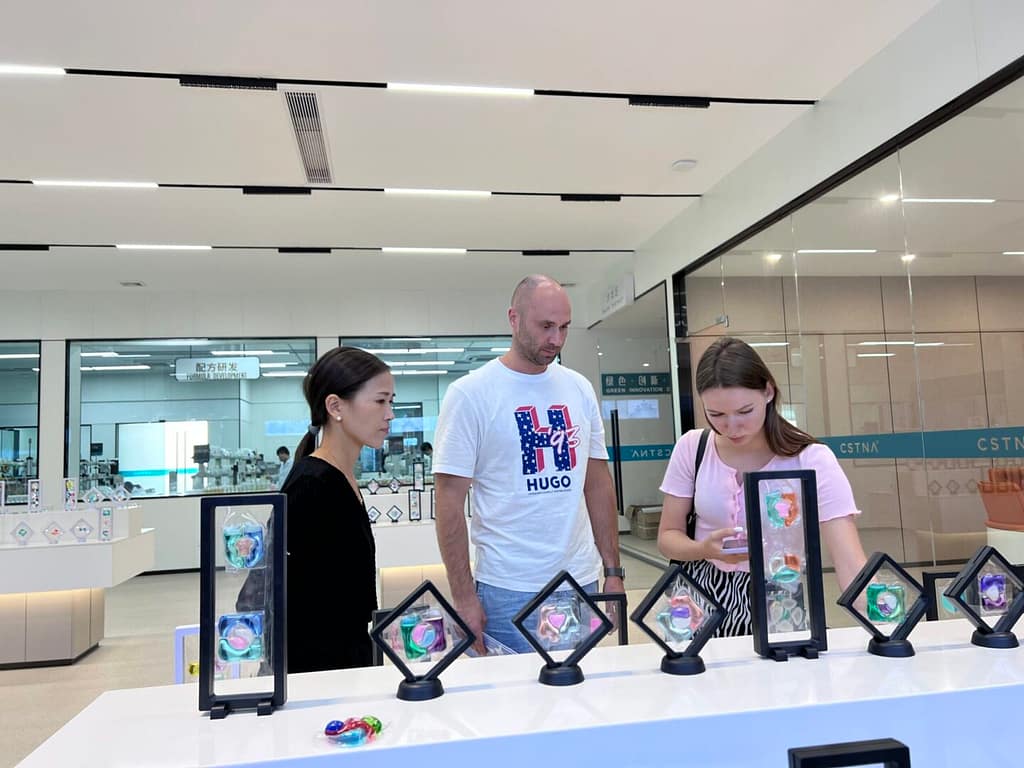
Benefits for B2B Clients
Investing in sustainable detergent pods packaging delivers tangible benefits:
- Brand Differentiation: Eco-conscious packaging allows businesses to showcase sustainability initiatives to their clients and customers.
- Operational Efficiency: Lightweight and compact packaging reduces shipping costs and storage space requirements.
- Regulatory Assurance: Using biodegradable or recyclable materials minimizes the risk of fines or import restrictions.
- Client Loyalty: Commercial buyers often prefer suppliers who share environmental values, leading to stronger partnerships and repeat business.
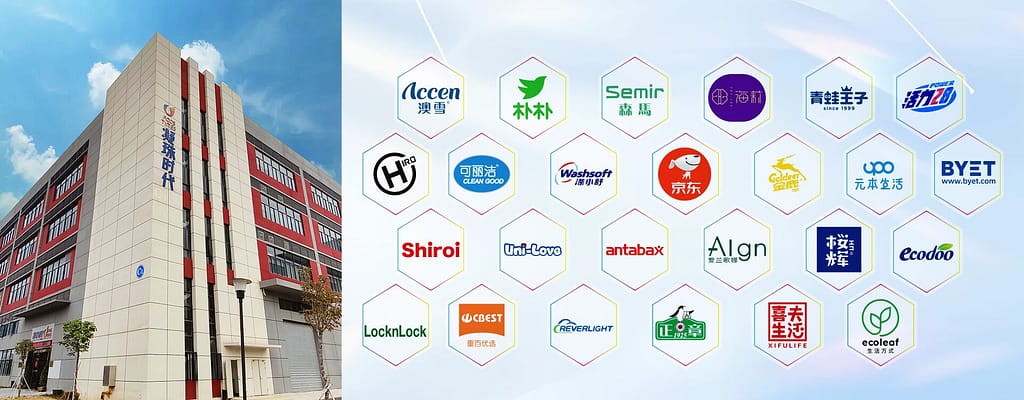
Practical Tips for B2B Buyers
When evaluating suppliers for eco-friendly laundry pods, B2B clients should consider the following:
- Material Quality: Verify that biodegradable films meet industry standards for compostability and dissolution.
- Packaging Certification: Look for FSC-certified cartons and eco-labels to ensure sustainable sourcing.
- Supply Chain Transparency: Partners who provide clear reporting on materials, carbon footprint, and recyclability add value to your procurement decisions.
- Customization Options: Minimalist and branded packaging solutions allow buyers to differentiate themselves in their own markets.
Additionally, offering downloadable guides, sample packs, or case studies can help buyers make informed decisions while subtly promoting your brand’s expertise.
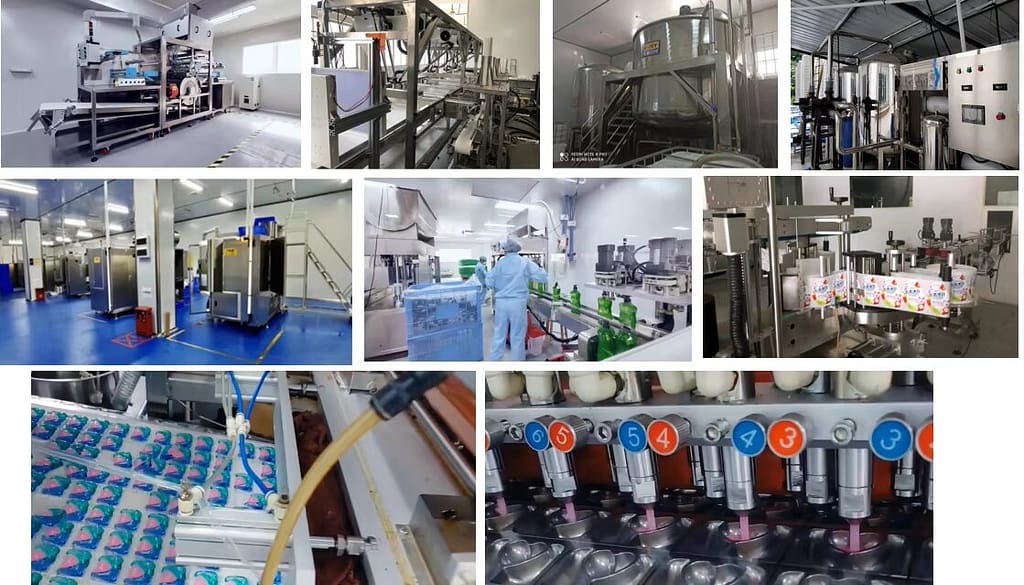
Conclusion
Sustainable packaging is no longer optional for B2B laundry pod suppliers—it’s a strategic advantage. From biodegradable films and recyclable cartons to minimalist designs, these innovations align with regulatory trends, enhance operational efficiency, and appeal to environmentally conscious clients.
For B2B buyers, choosing suppliers who embrace eco-friendly packaging can lead to stronger partnerships, better brand reputation, and a measurable competitive edge. The future of commercial laundry is green, and the businesses that adopt sustainable solutions today will reap the rewards tomorrow.








